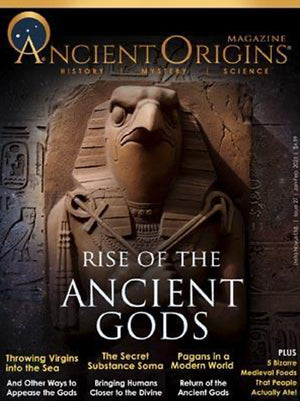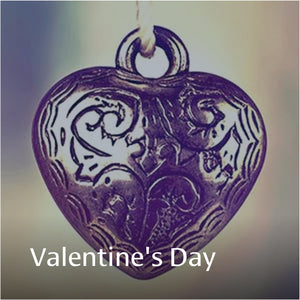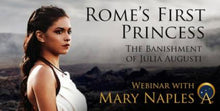Rome’s First Princess - The Banishment of Julia Augusti
- Regular price
- $17.00
- Sale price
- $17.00
- Regular price
-
- Unit price
- per
-
Product Information
All of Rome was in an uproar. No one had imagined that even a cold fish like Augustus was capable of exiling his only biological child, Julia, to a barren and windswept island—as punishment for the high crime of adultery. Yet it was not enough for her to be merely banished from her beloved Rome. Augustus further decreed that aside from the guards who kept watch, no men were allowed on that stygian enclave. The implication was that since she was deemed a woman of ill-repute, being deprived of male companionship would make for a more exacting punishment. Along those same lines, wine was forbidden, and food provisions were at a bare minimum. In other words, for all intents and purposes, Julia was in prison.
Over these long millennia, Julia’s reputation has been maligned by ancient writers and contemporary historians alike, but was it something other than loose morals that set her father against her? Make no mistake being labeled a woman of ill-repute was reason enough to land Julia on the prison island during the authoritarian Augustan era. All the same, according to Suetonius, Augustus debated putting his daughter to death. Given the severity of her father’s reaction to the disgrace, some believe that Julia’s fall was the result of a political intrigue to overthrow him. But with her two eldest sons primed for the throne, why act against her better interests? This presentation explores the possible reasons behind the harsh exile of Rome’s first princess, delving into the politics of the era and the climate of paranoia and suspicion within the Julio-Claudian clan itself.
With an emphasis in Women’s Studies, Mary Naples earned an M.A. in Humanities from Dominican University of California in 2013. Her master’s thesis: “Demeter’s Daughter’s: How the Myth of the Captured Bride Helped Spur Feminine Consciousness in Ancient Greece,” examines how female participants found empowerment in a feminine fertility festival. Her deep love of the classical world is reflected in her writing which explores women’s narratives ranging from the ancient Greek and Roman worlds into the Byzantine era and even into ancient Israel and Judea. After a career in high-tech, Mary lives in Sausalito, California with her husband and cat, Maddie. There she has a collection of books on the classical world and a garden with a Cretan-styled labyrinth. Visit Mary’s website: femminaclassica.com


























